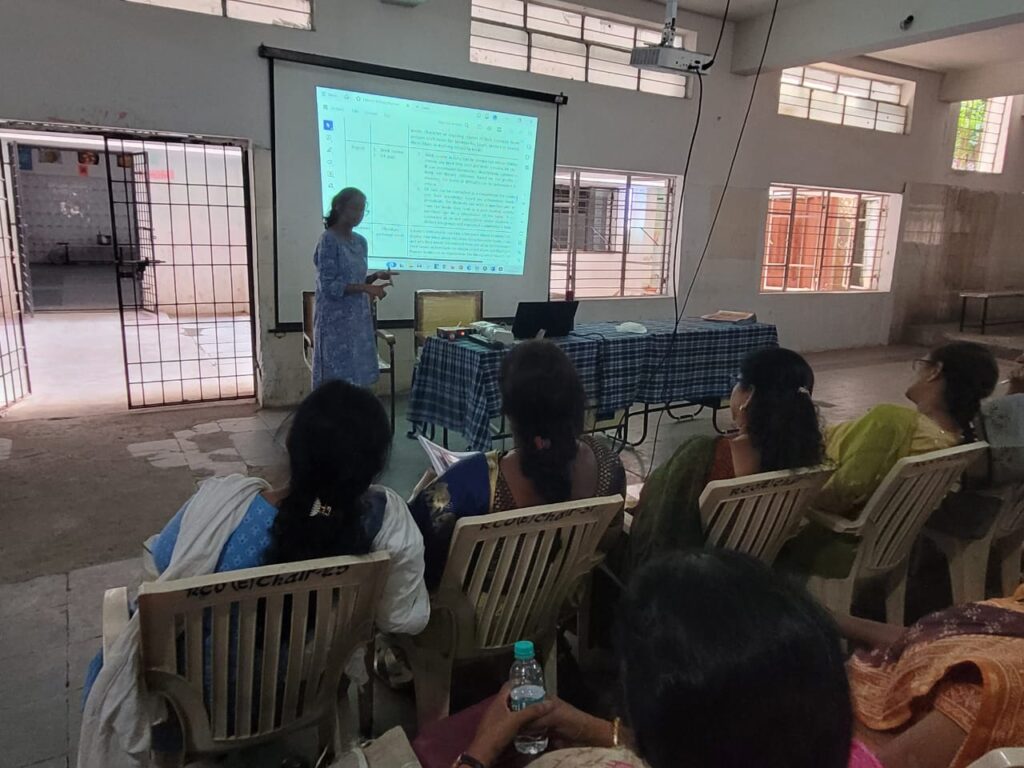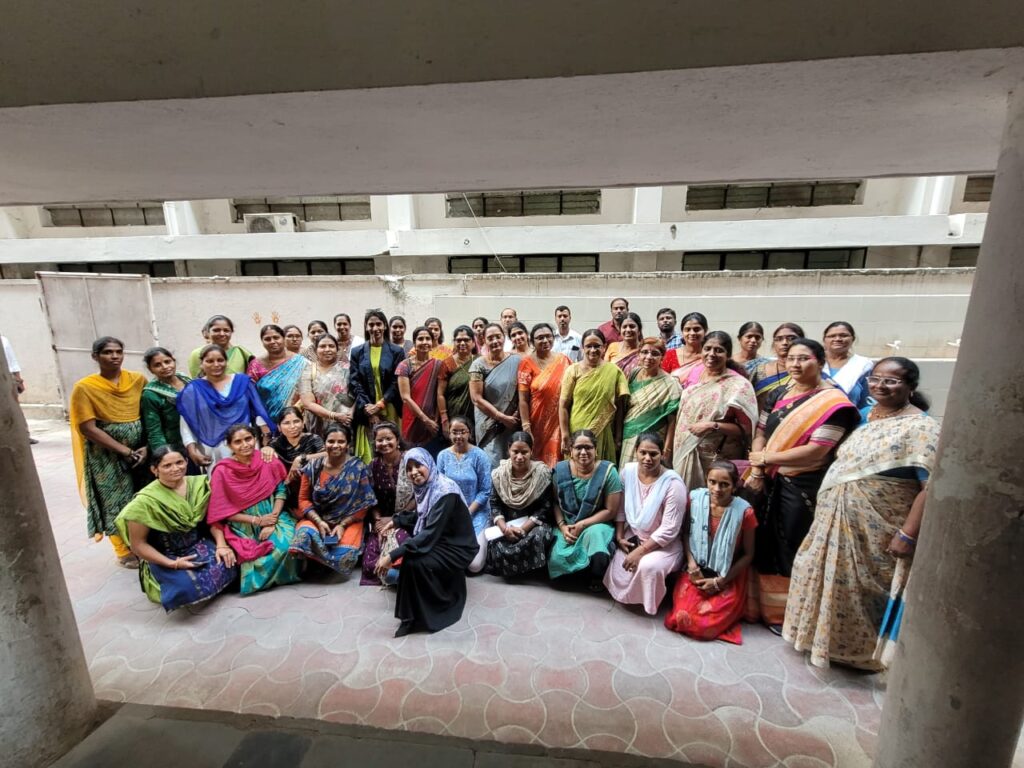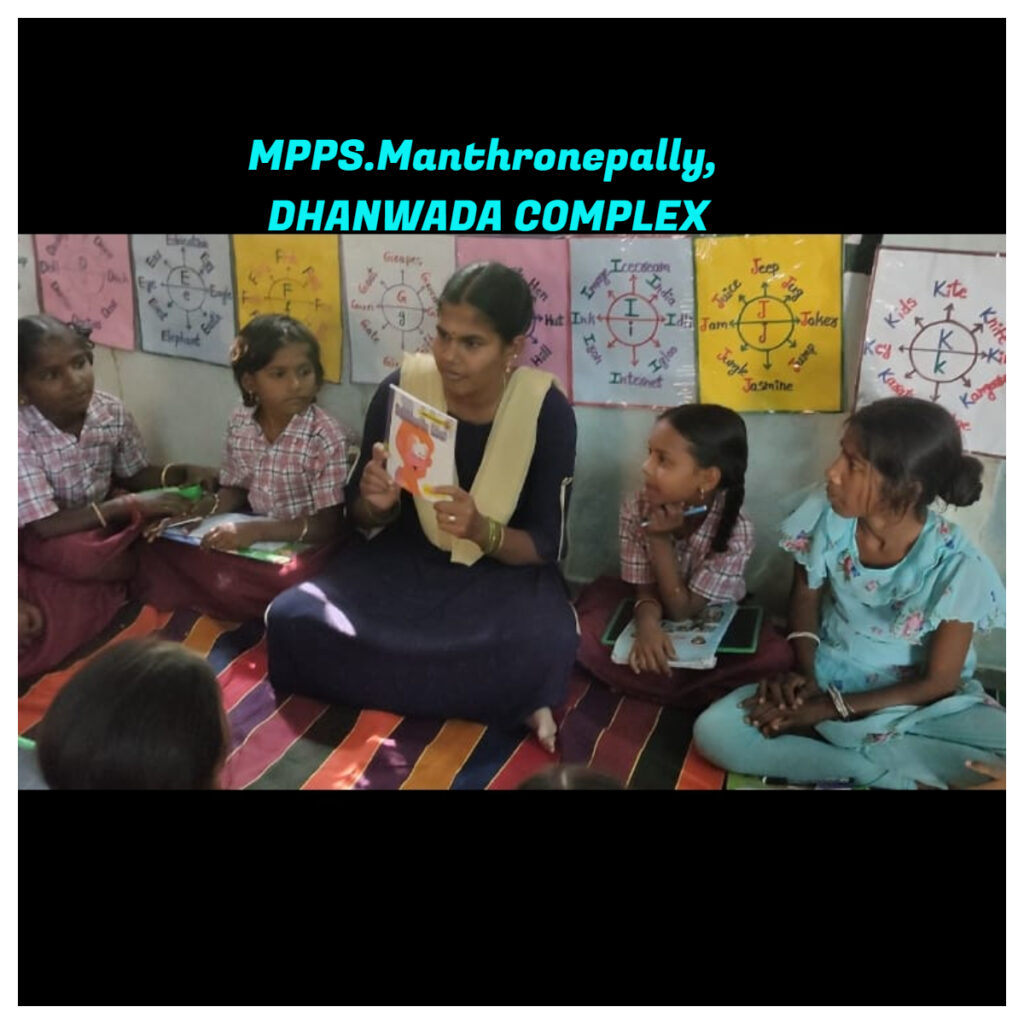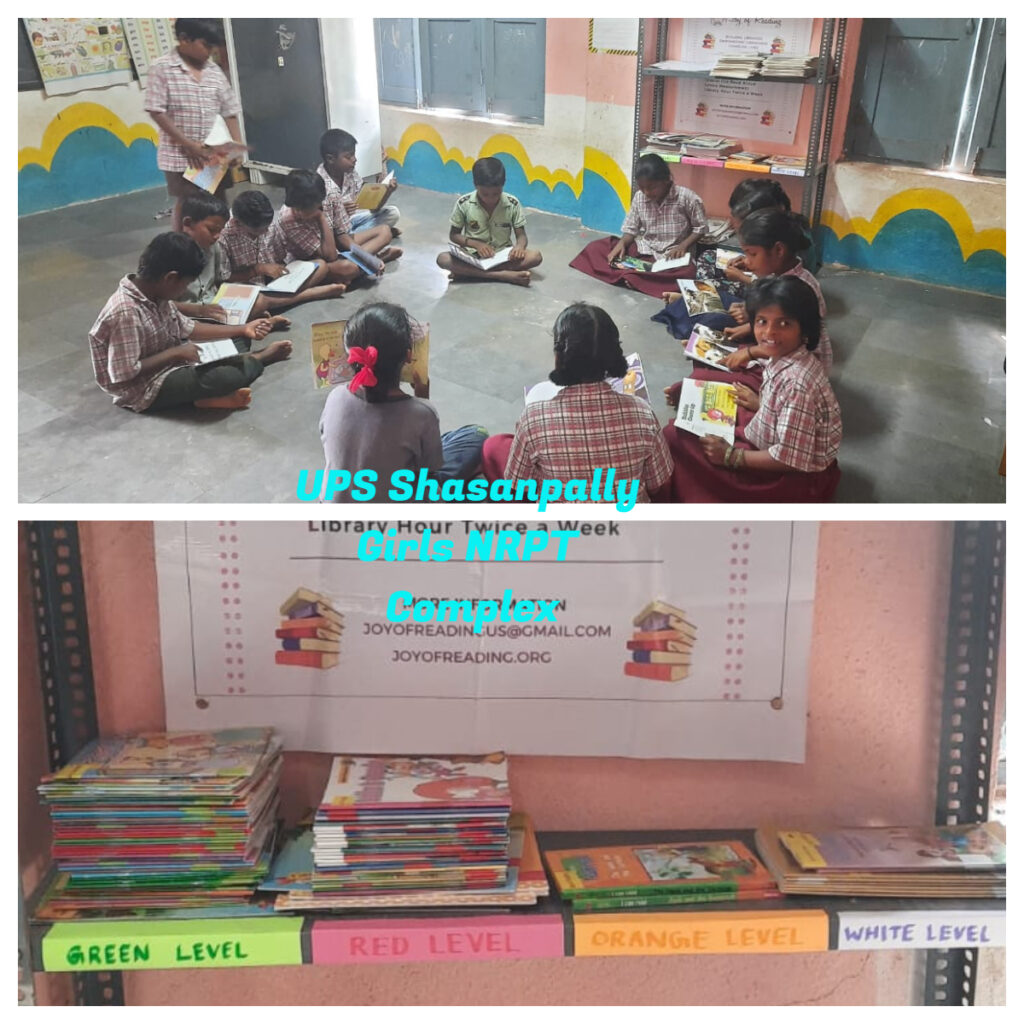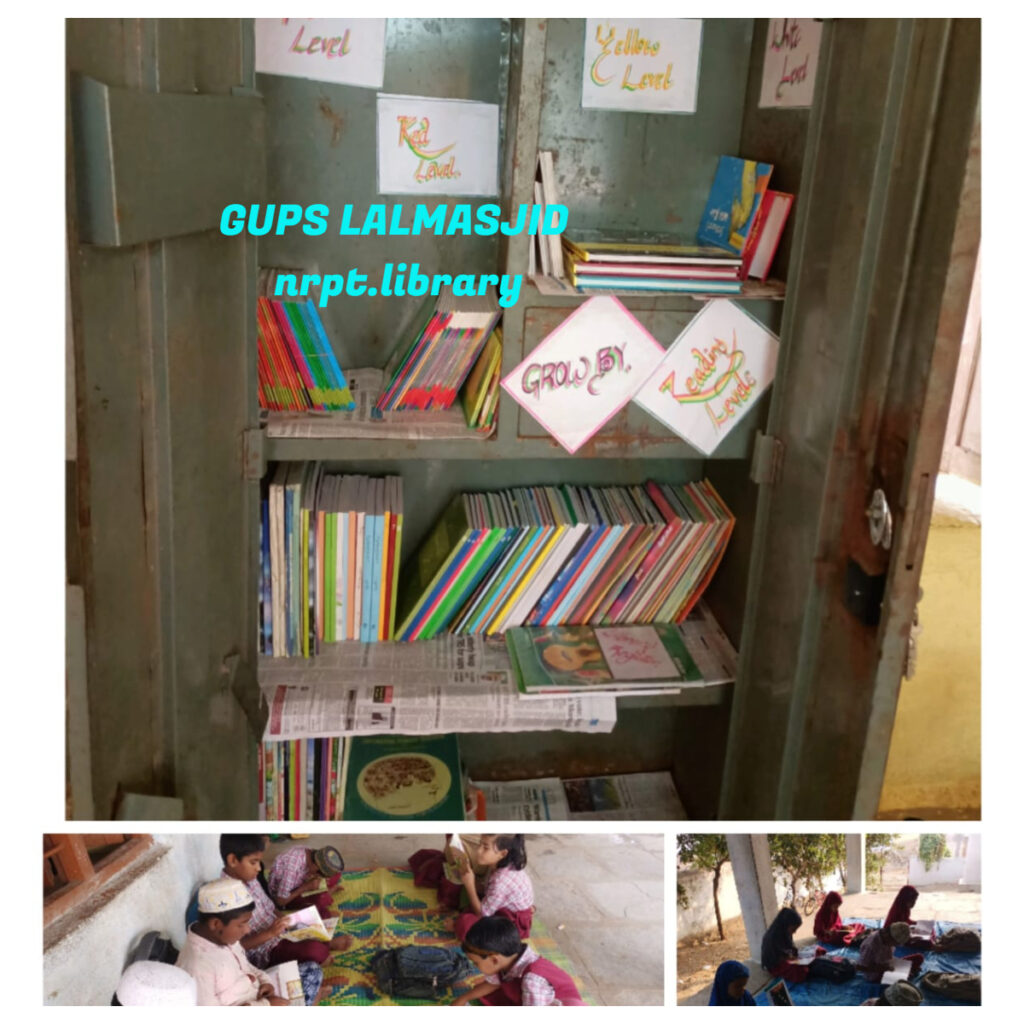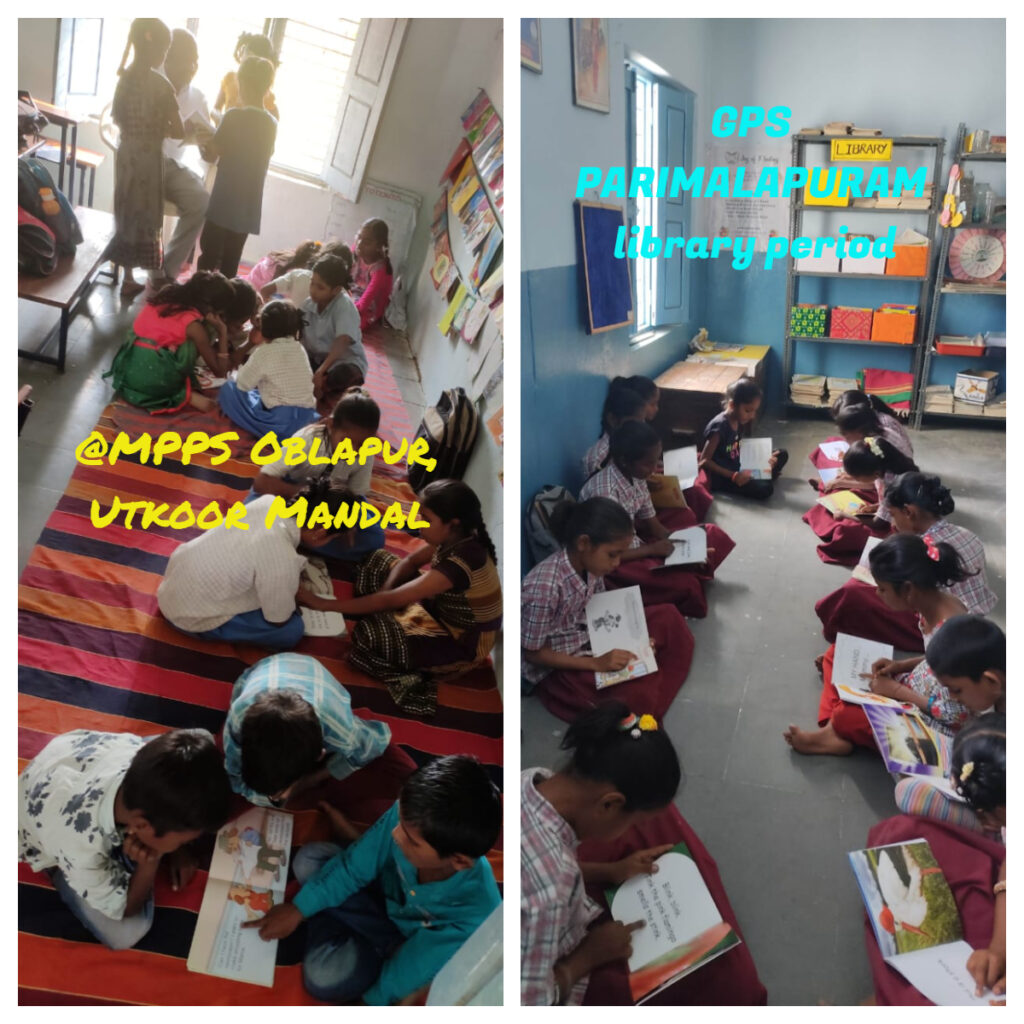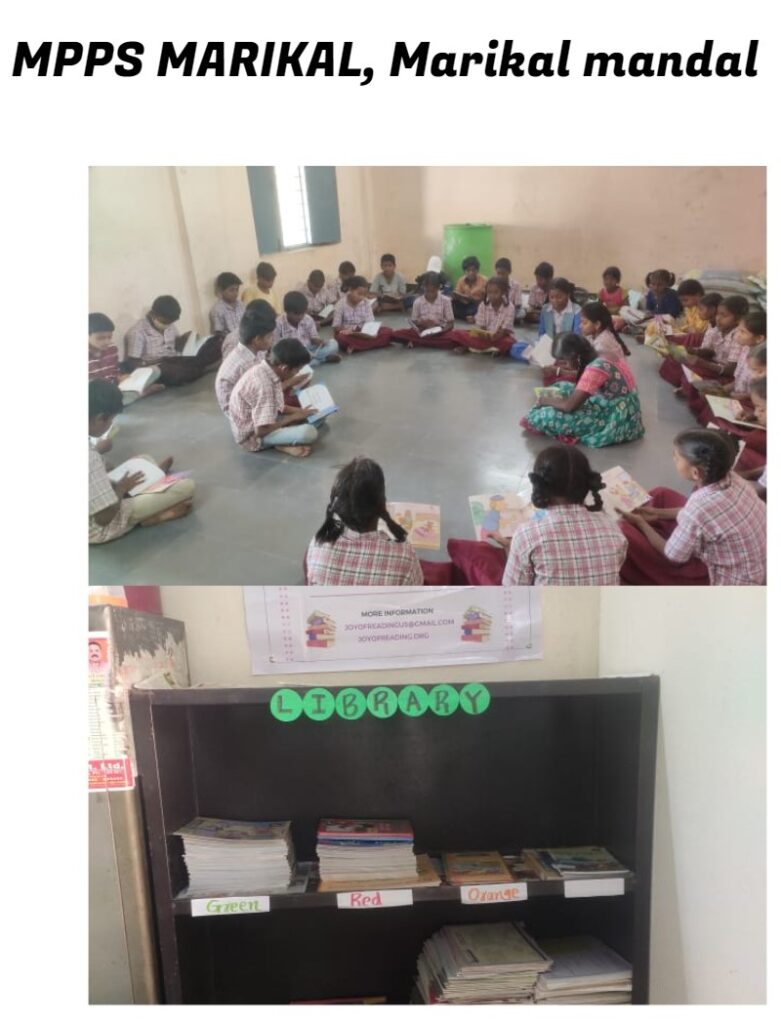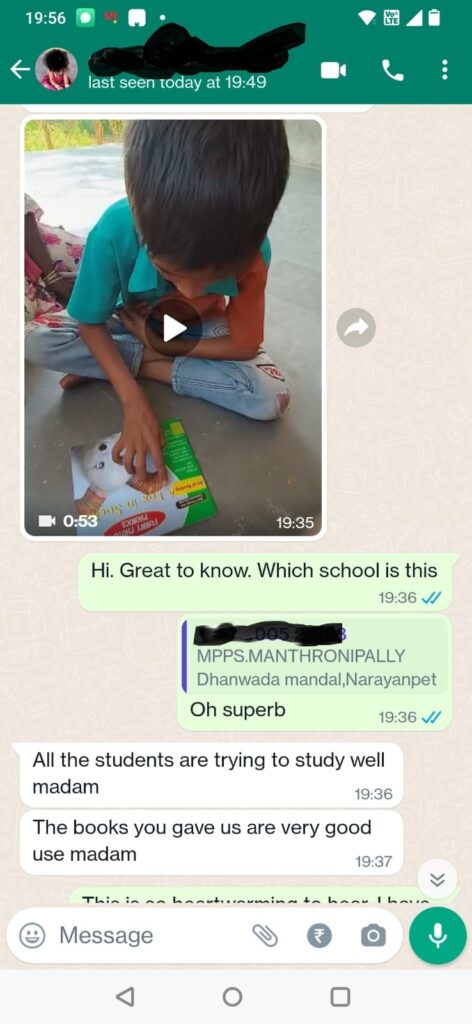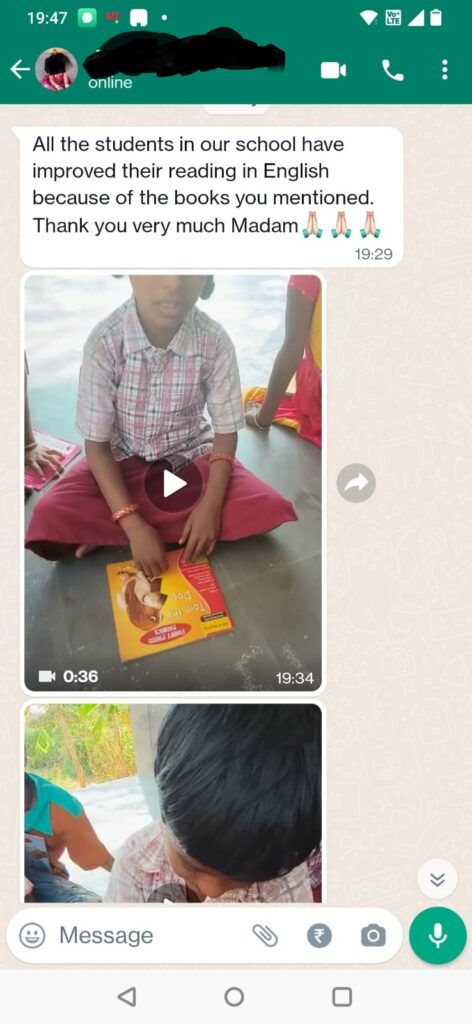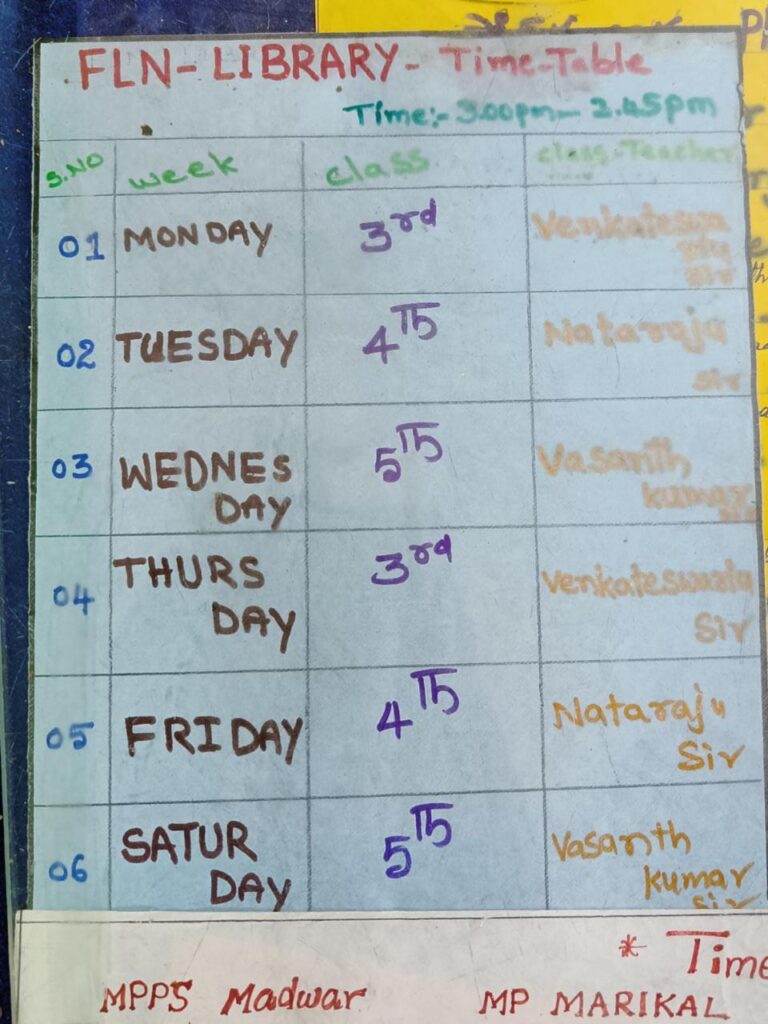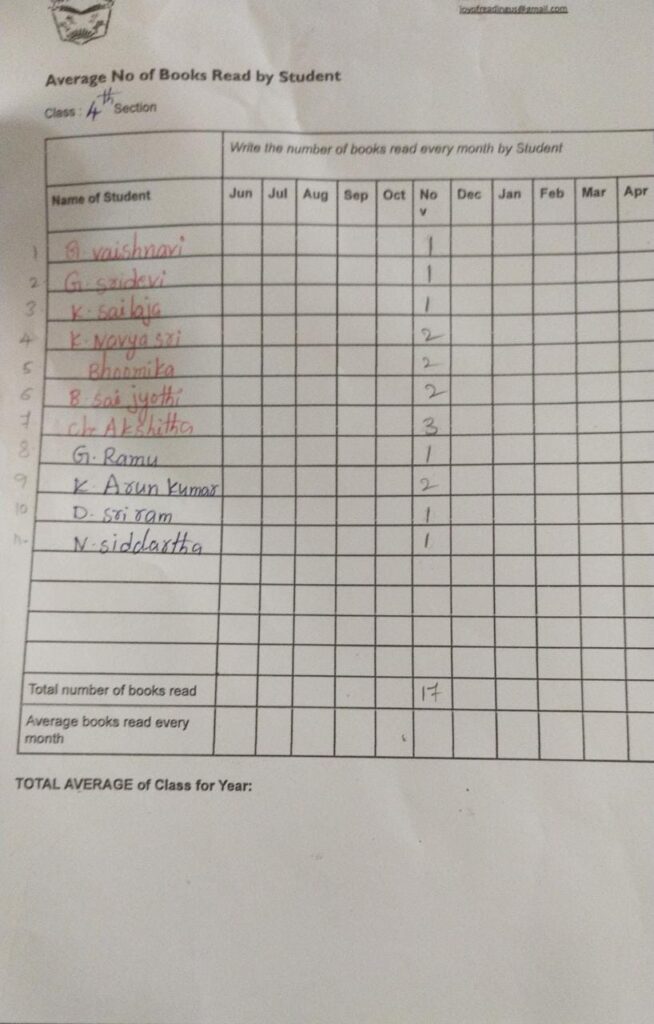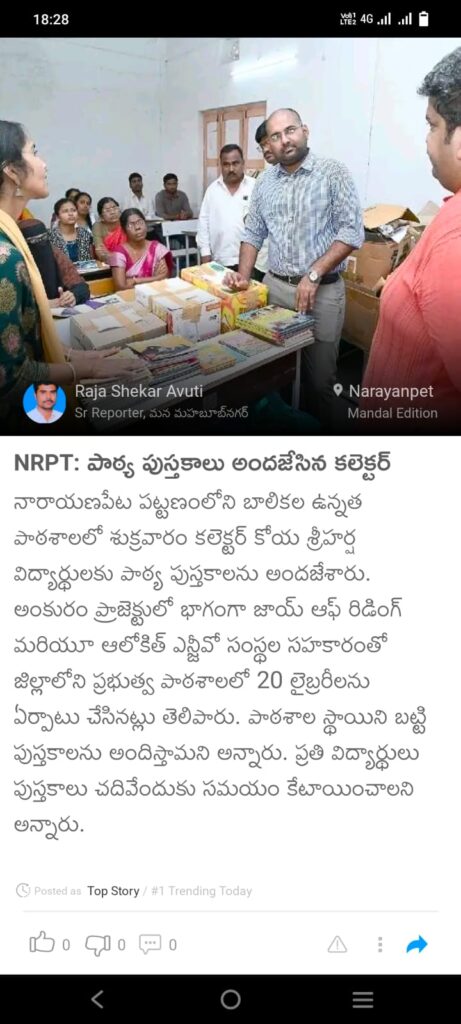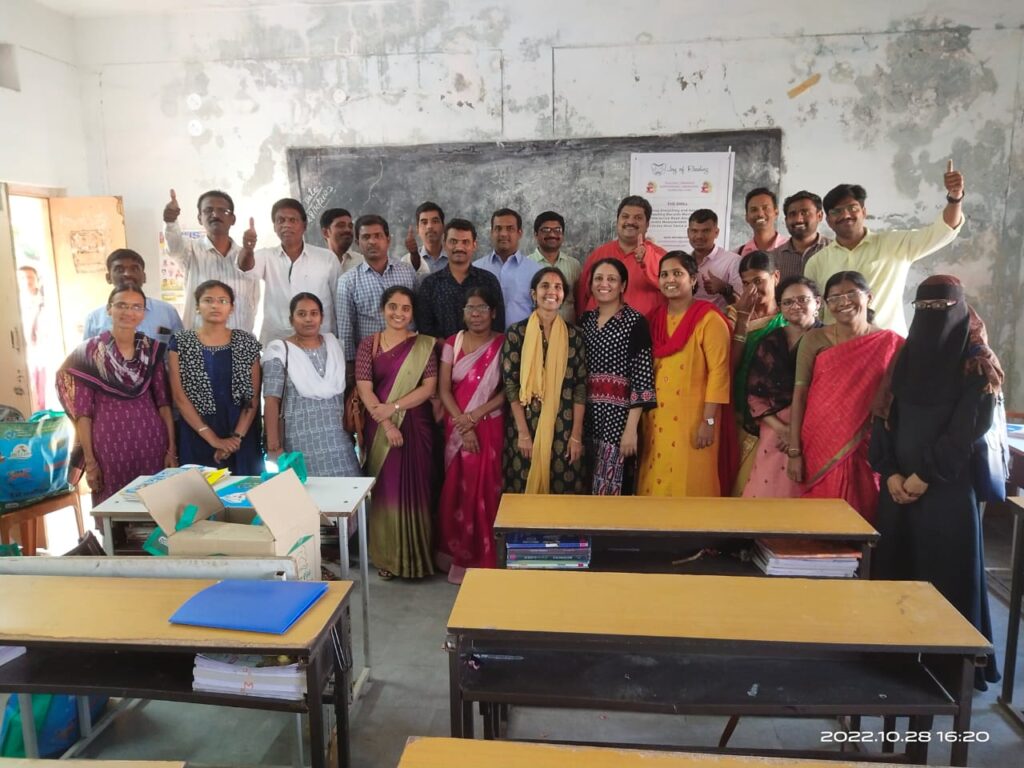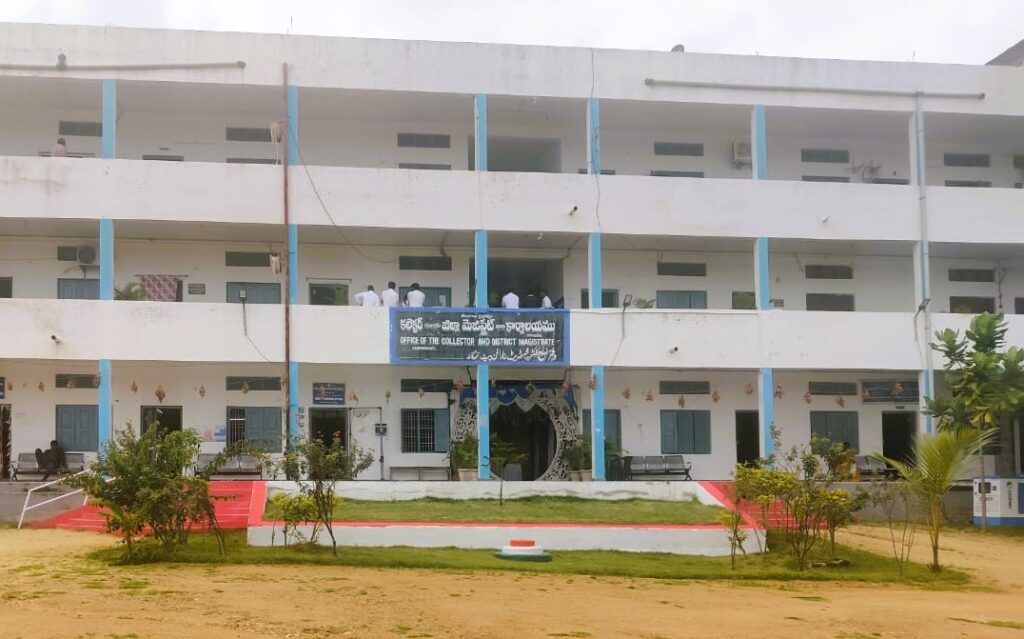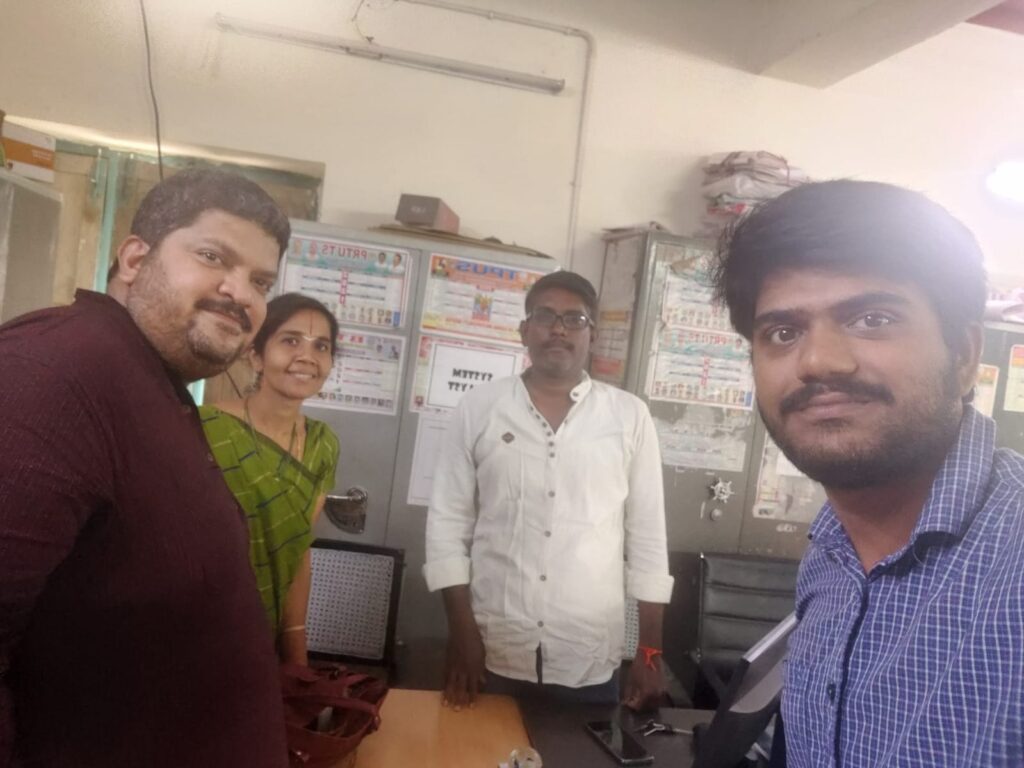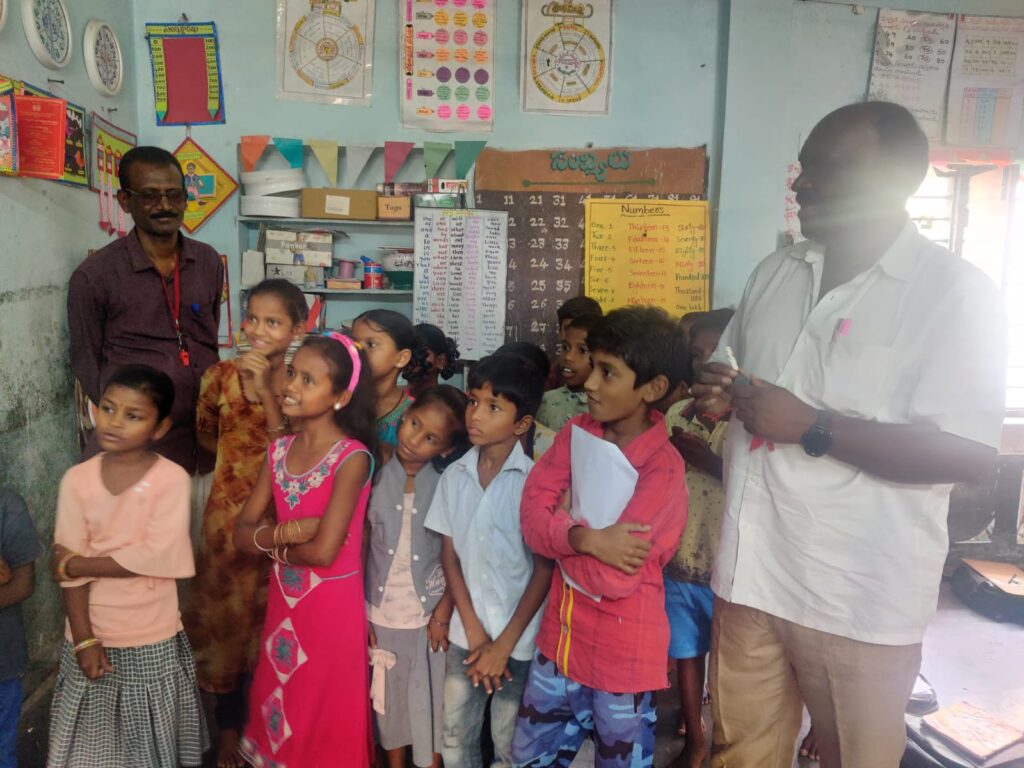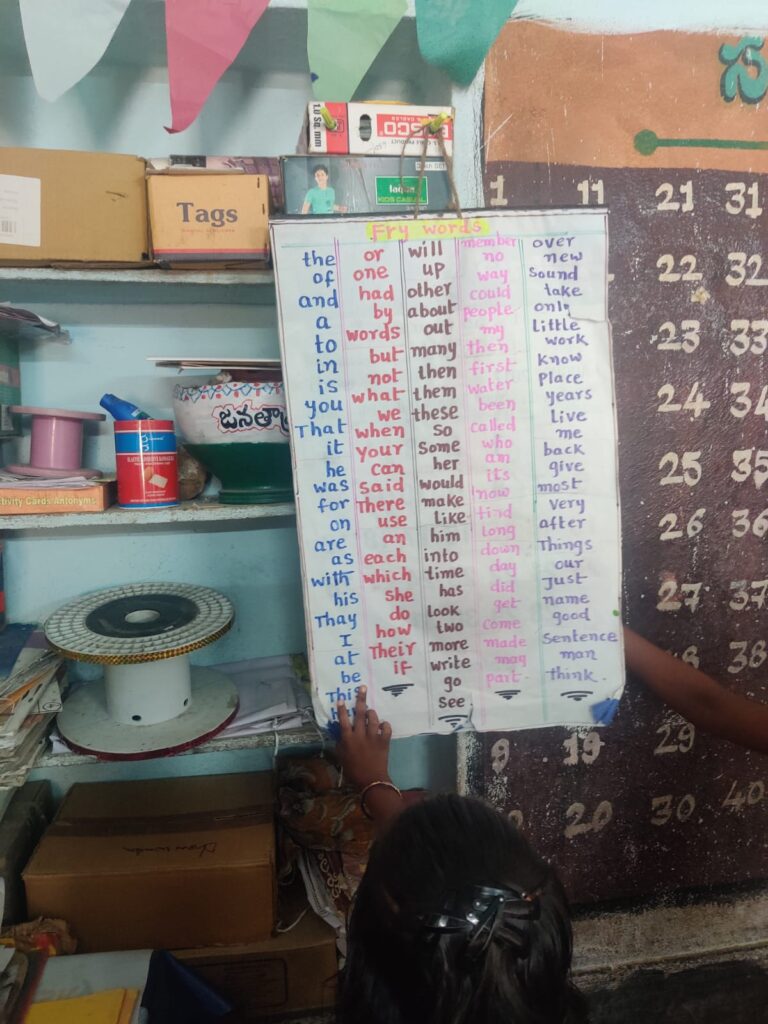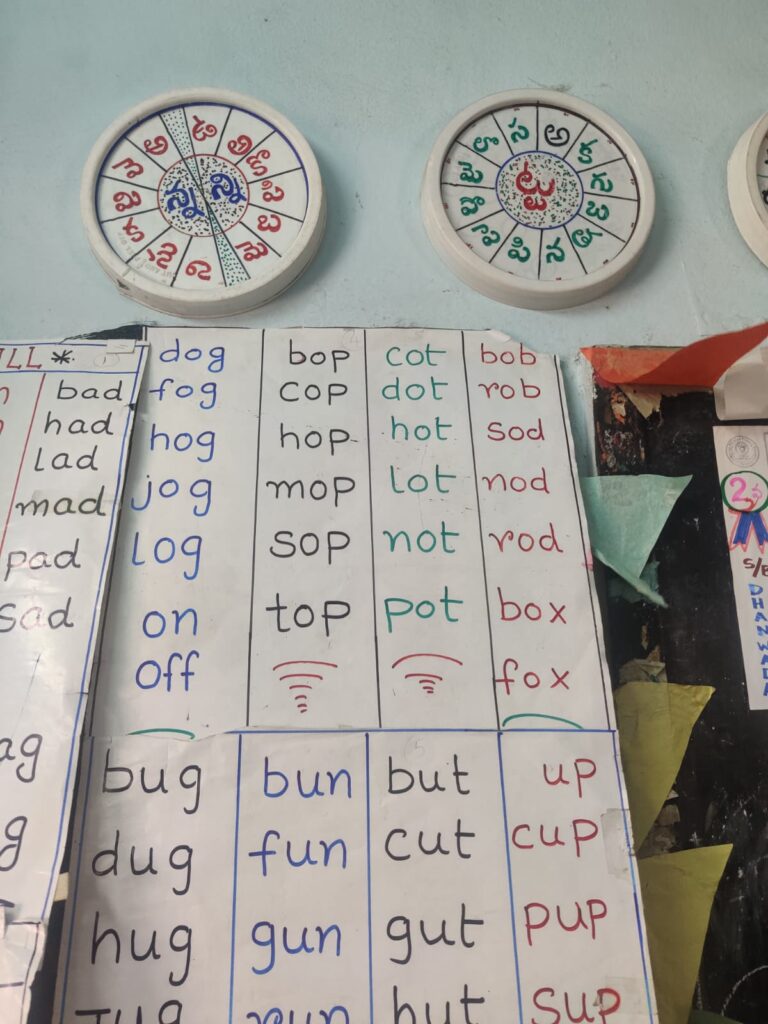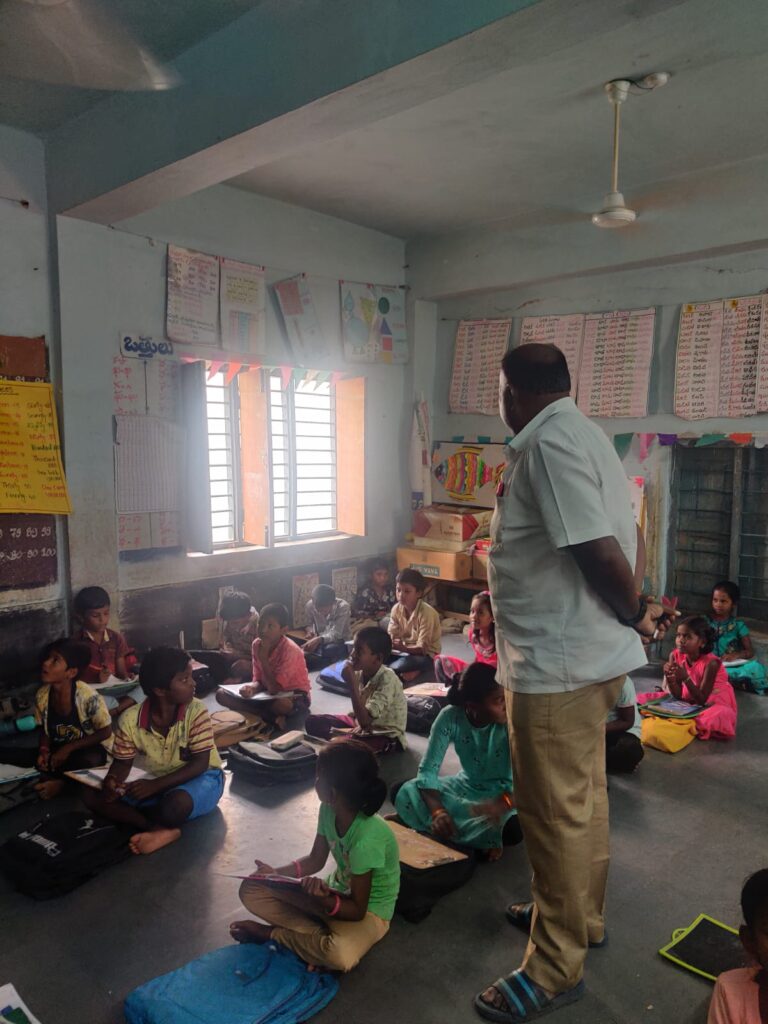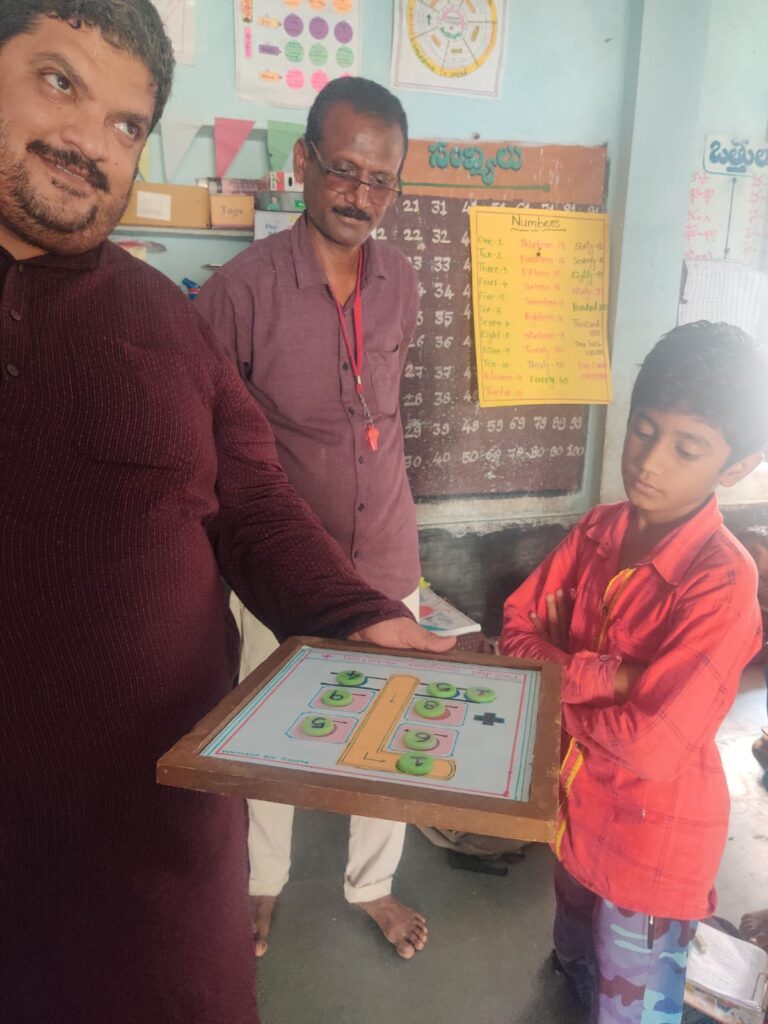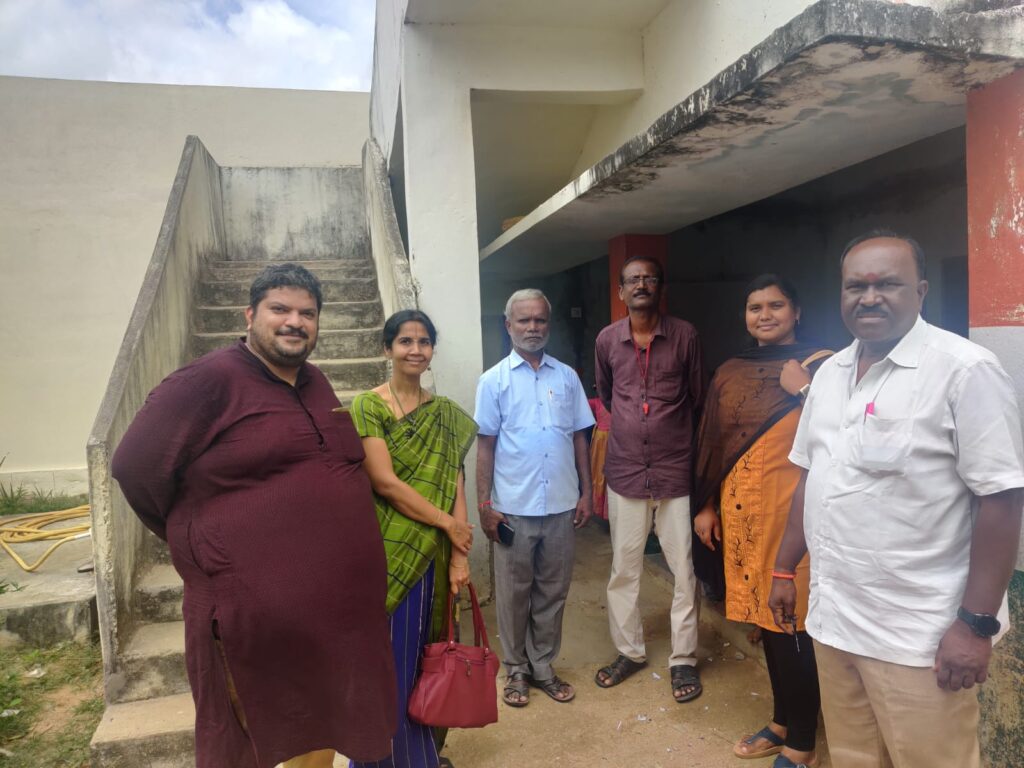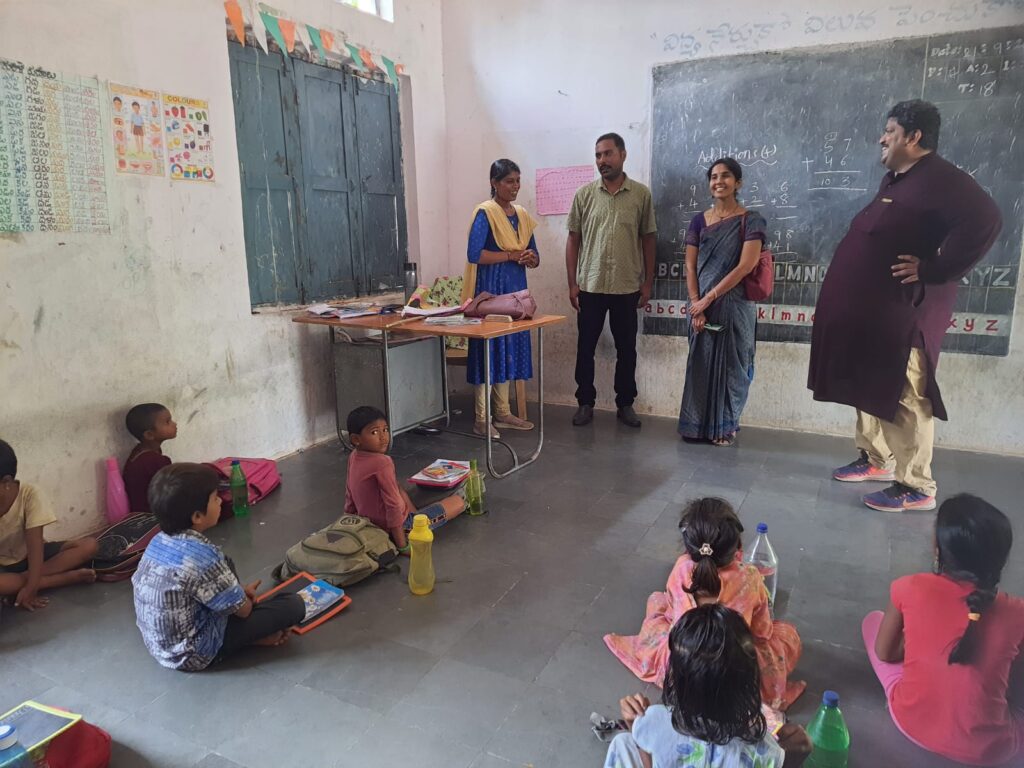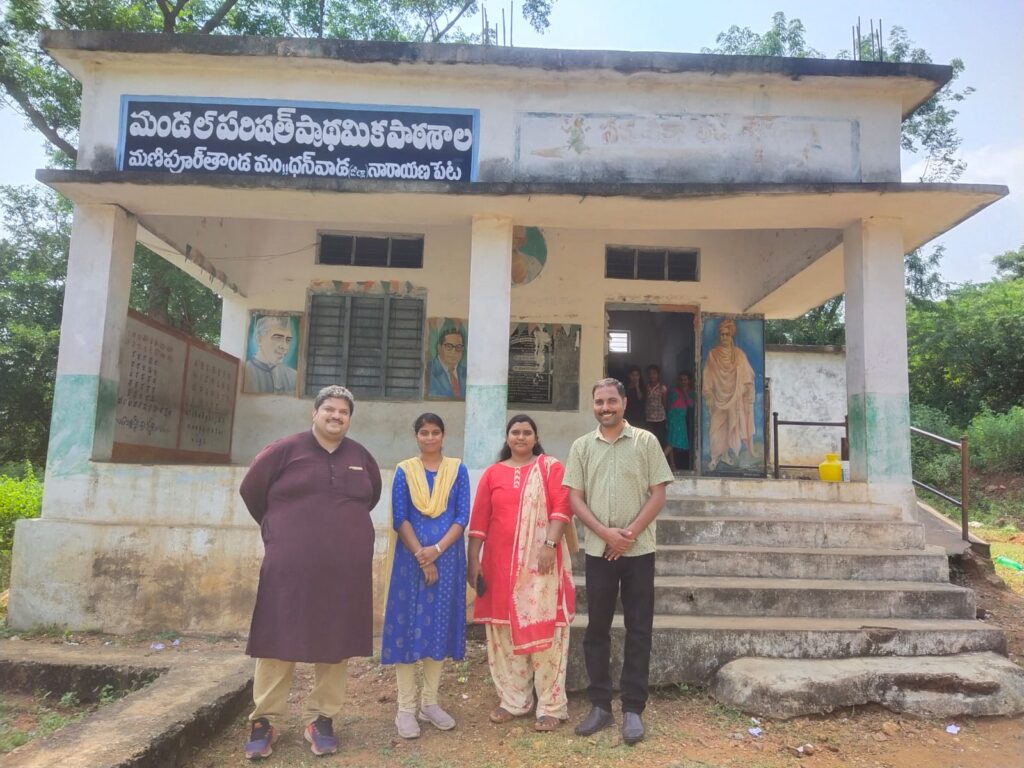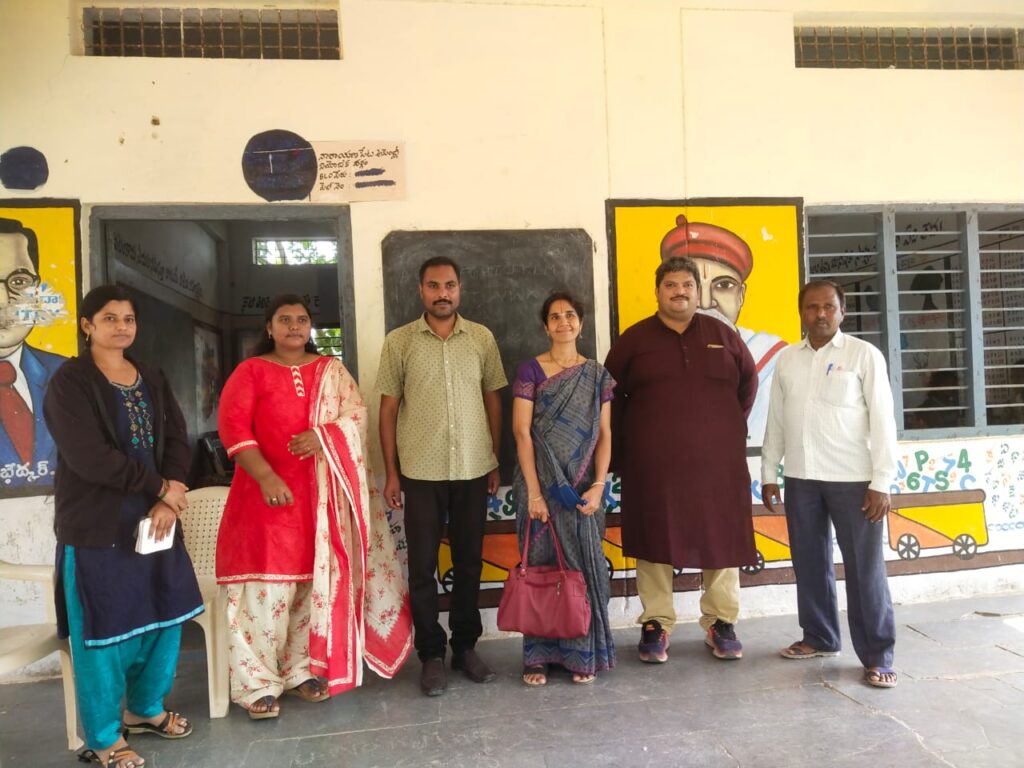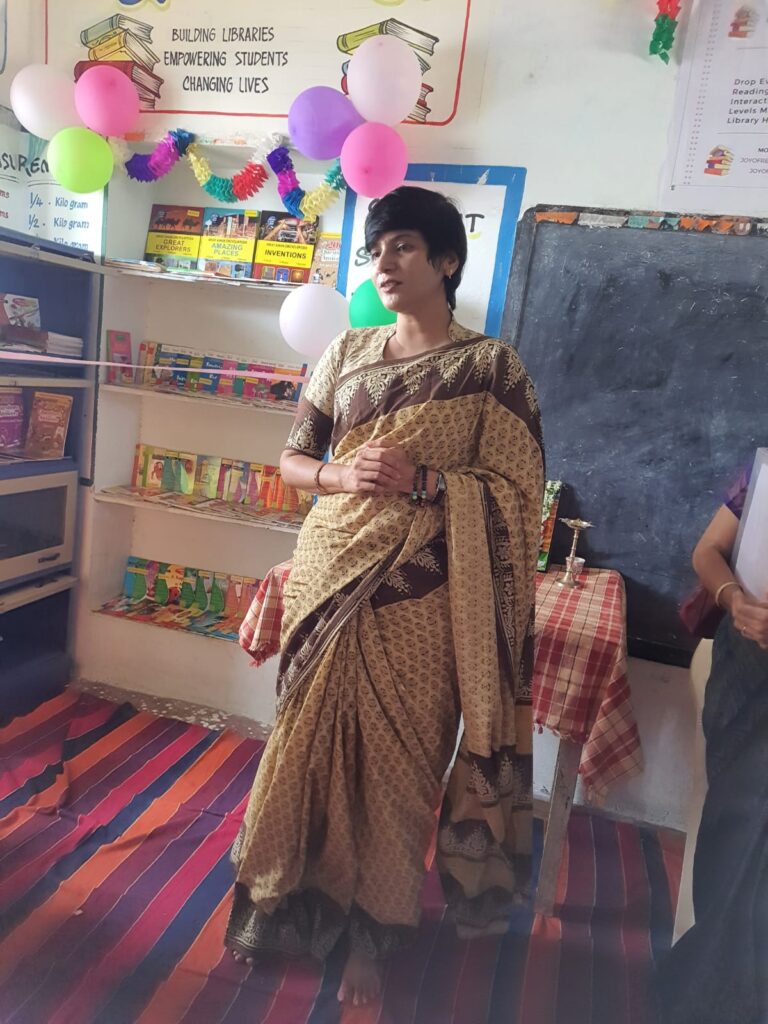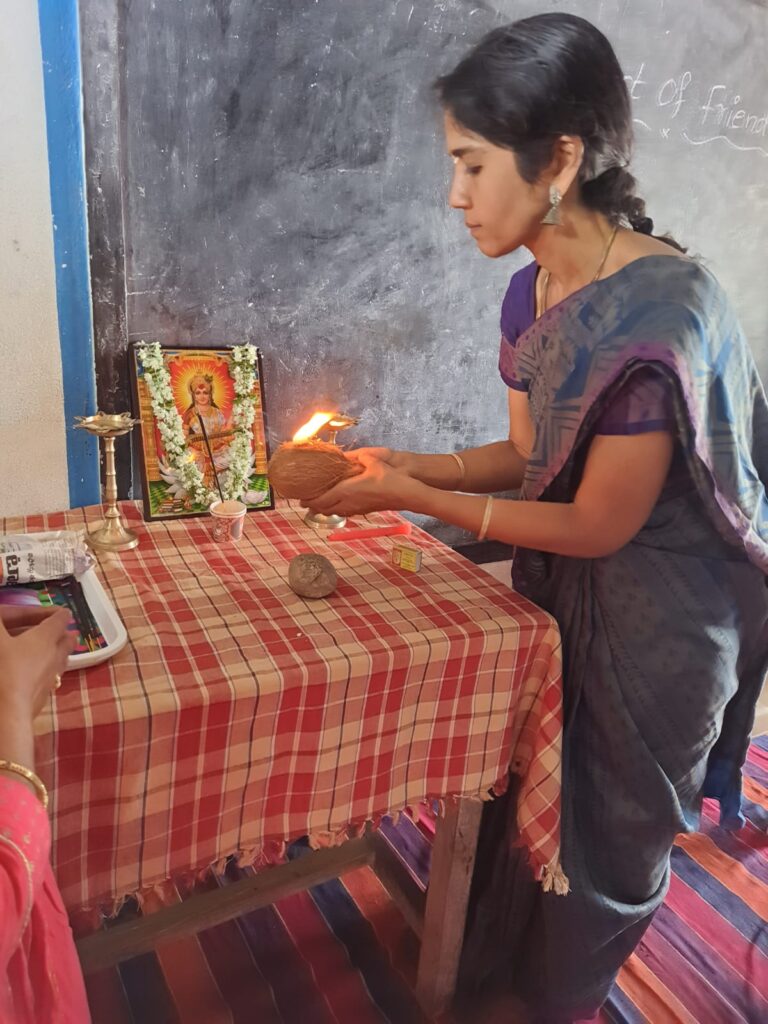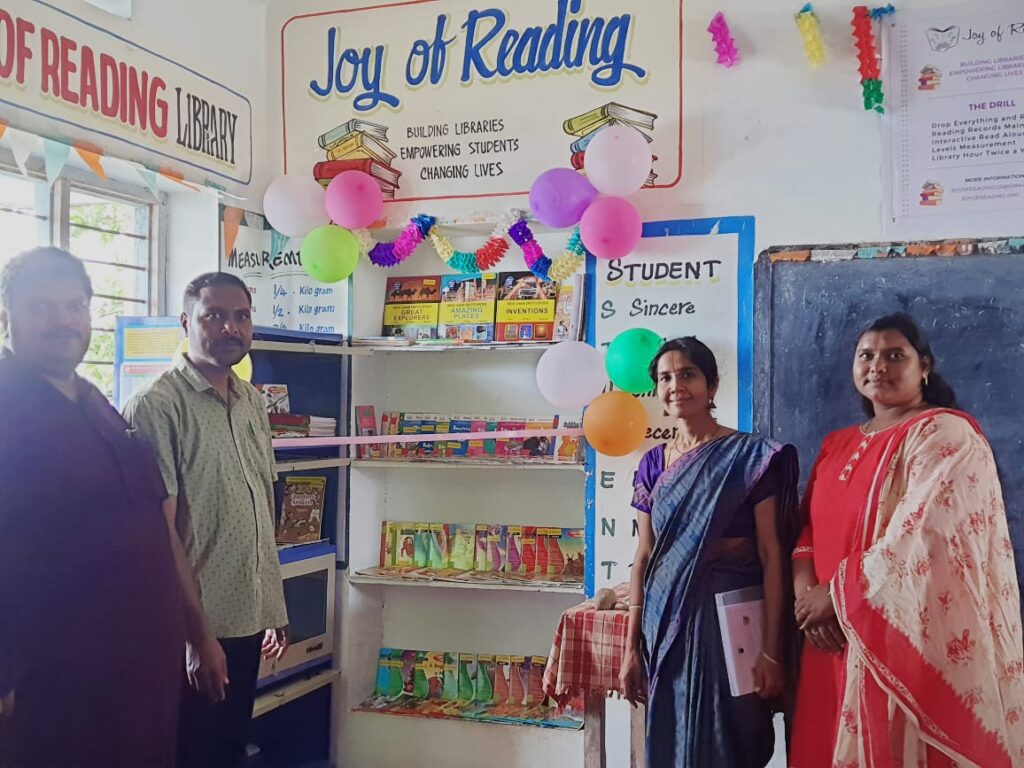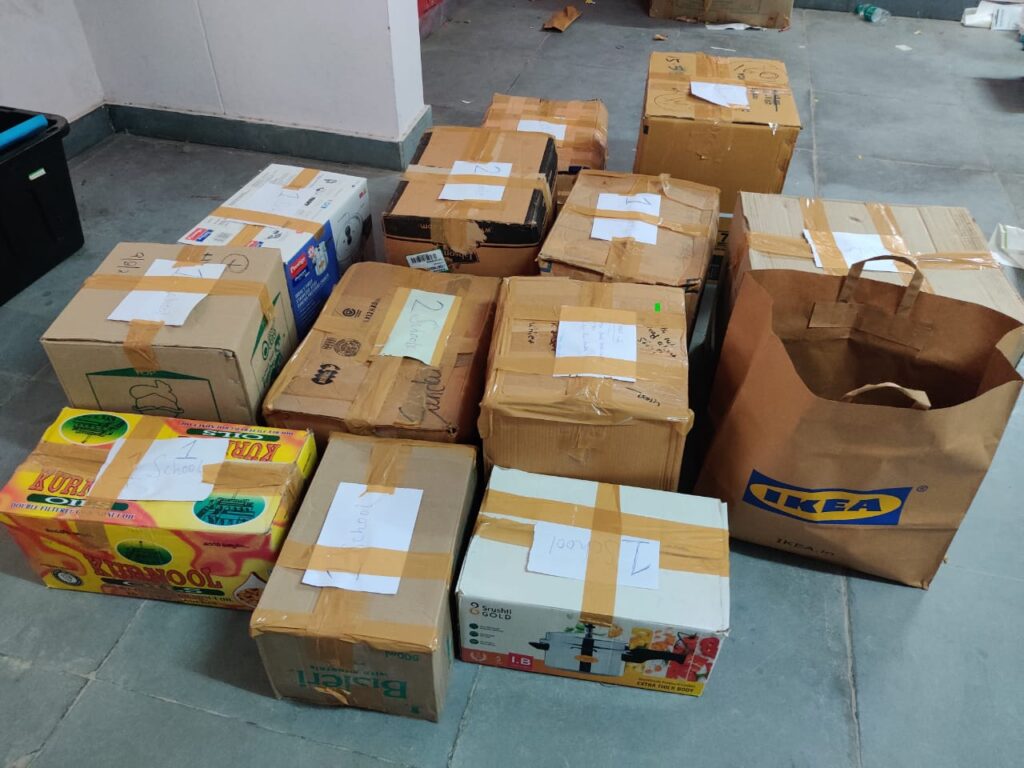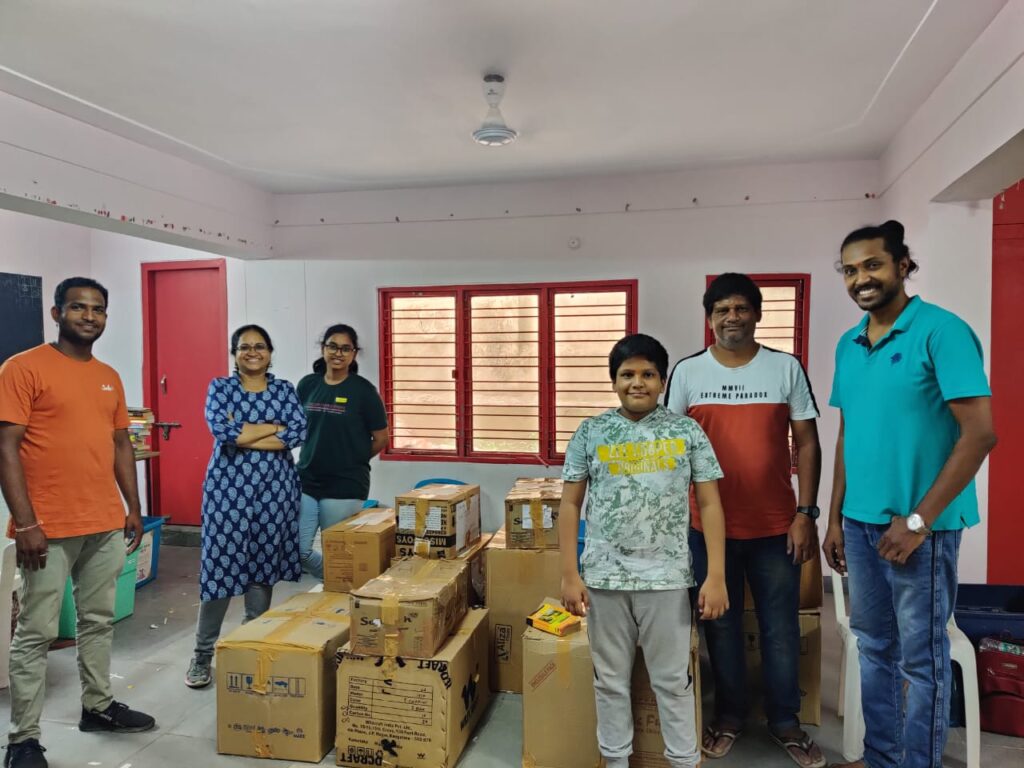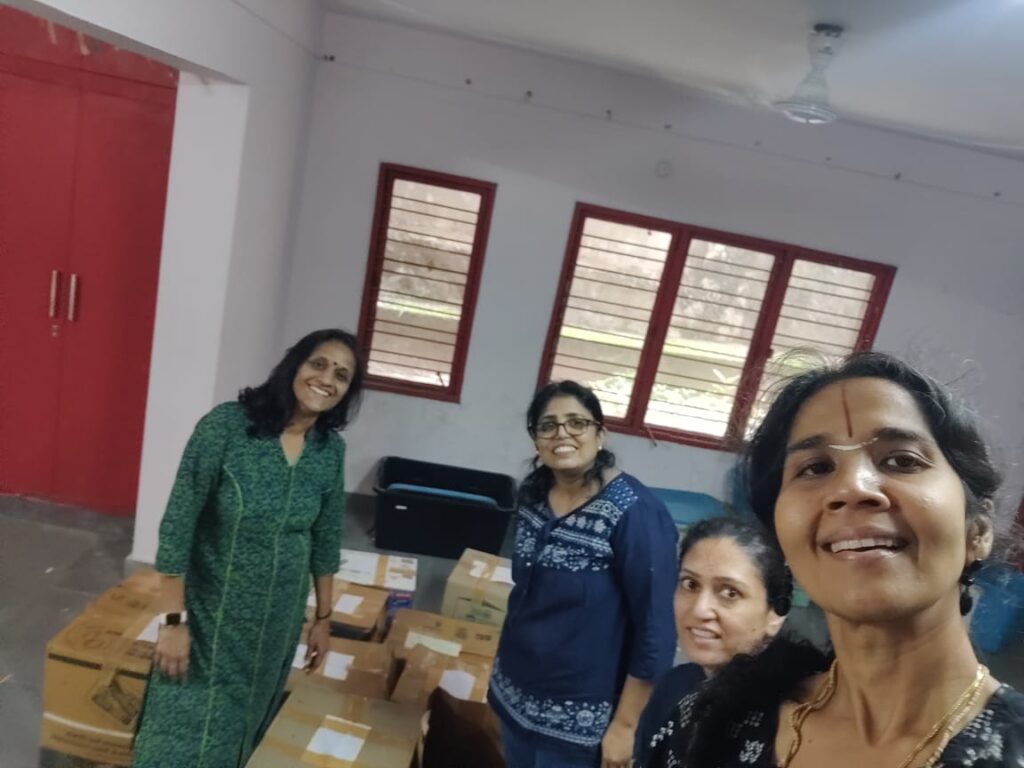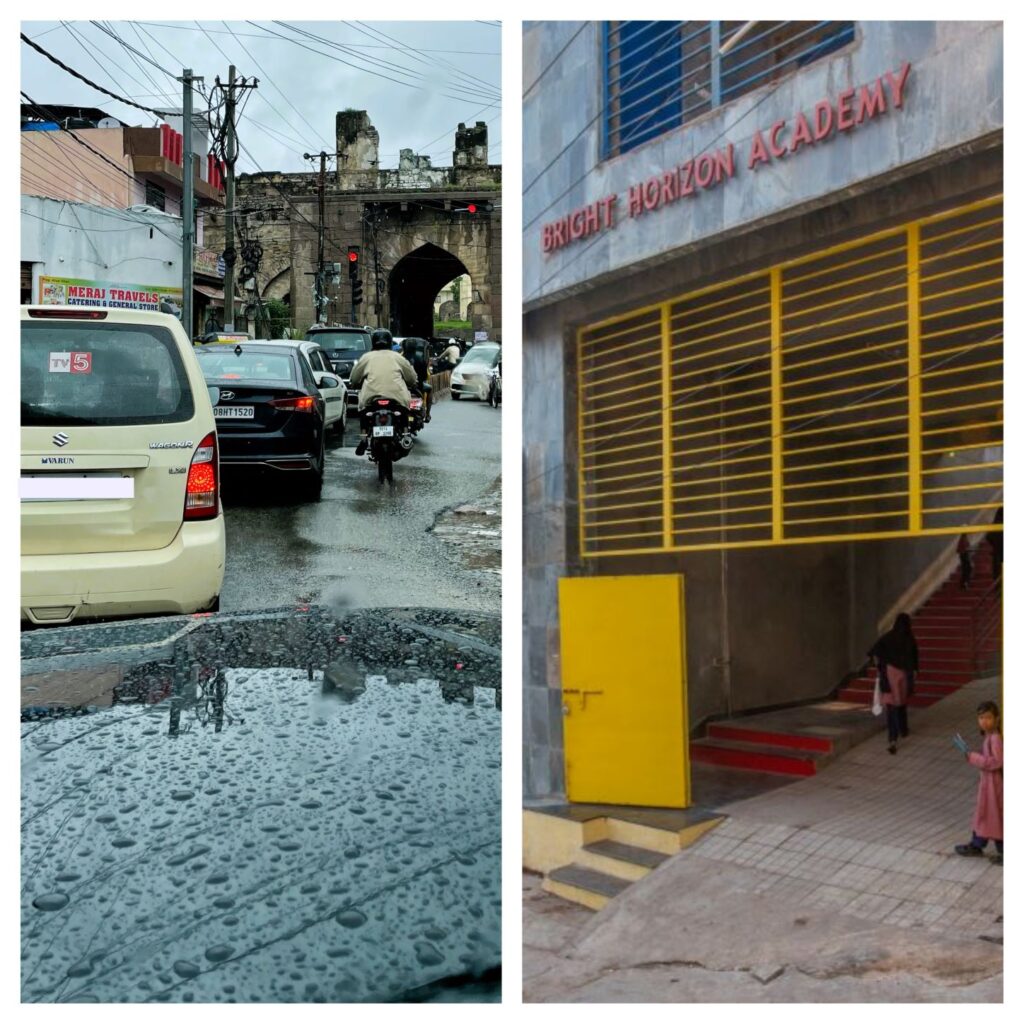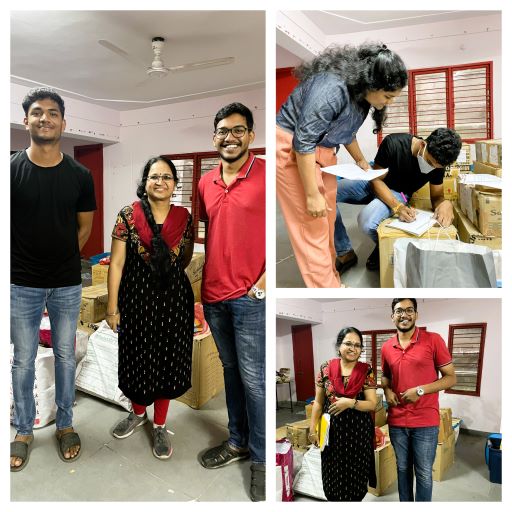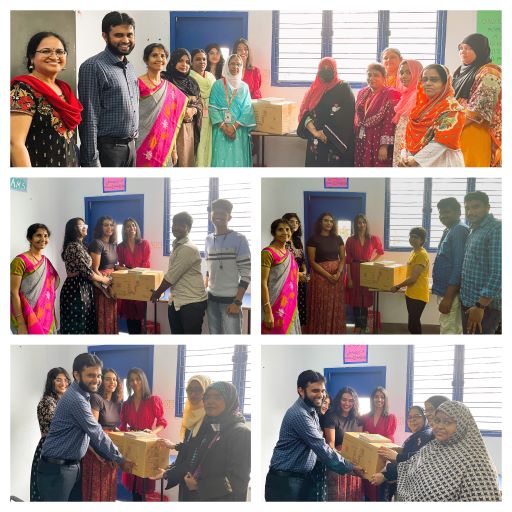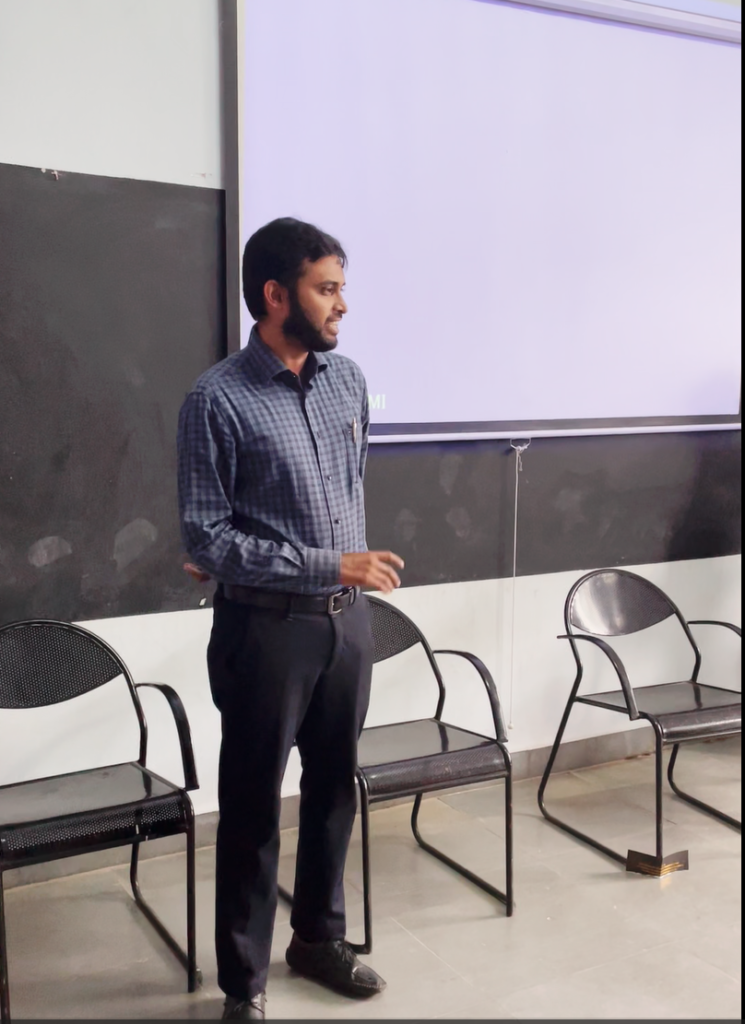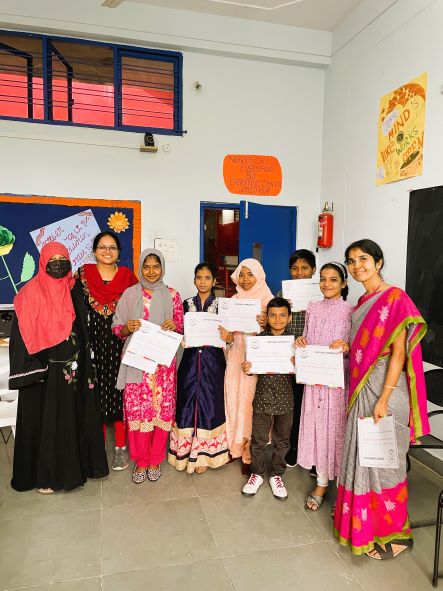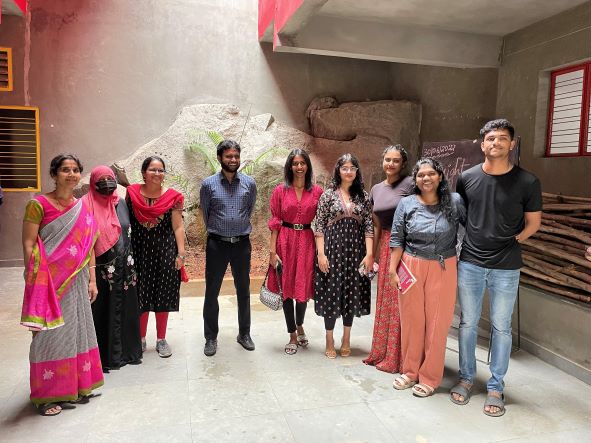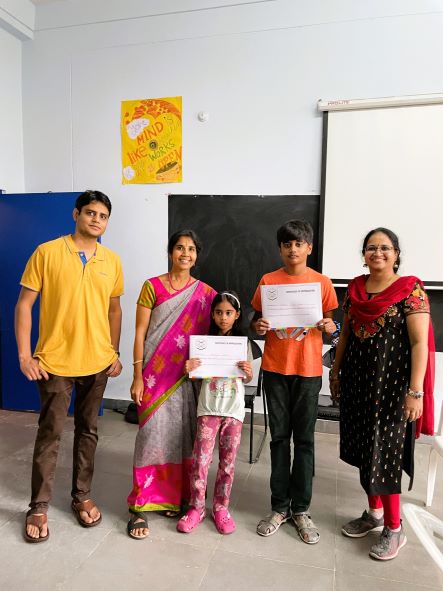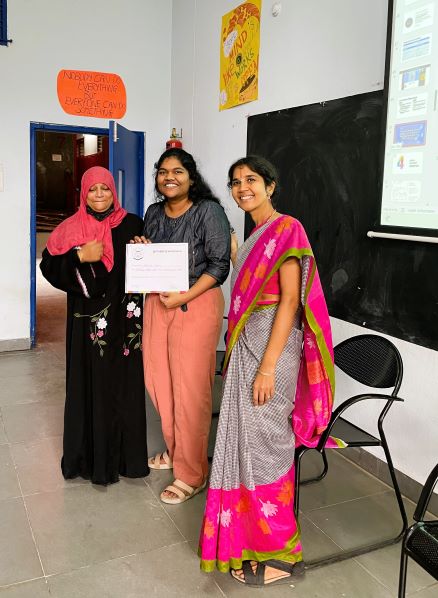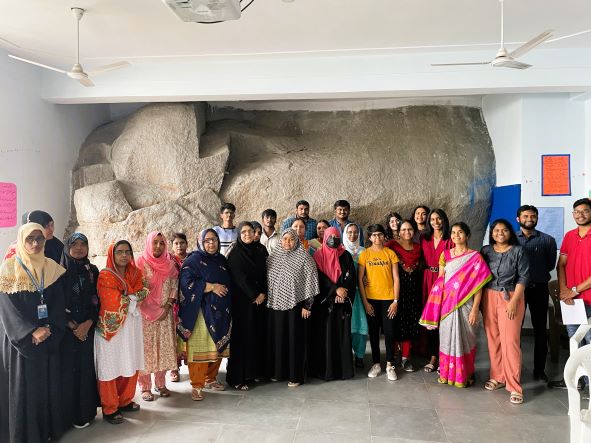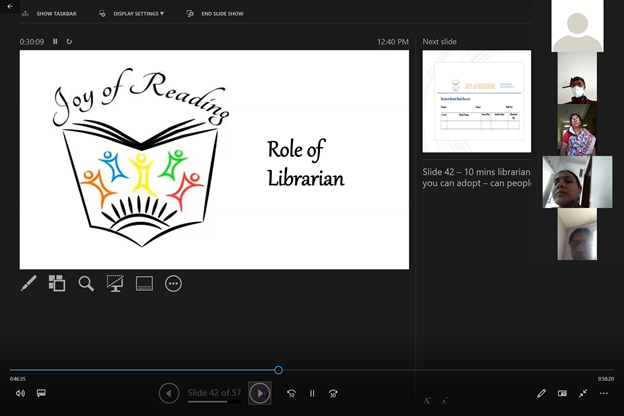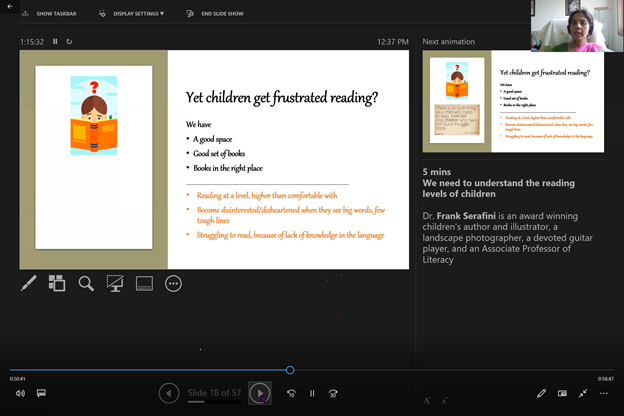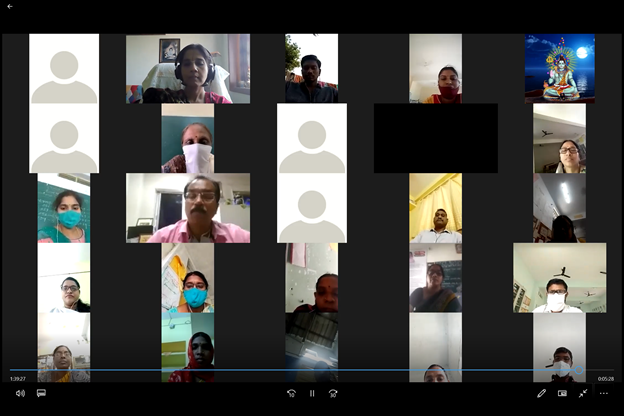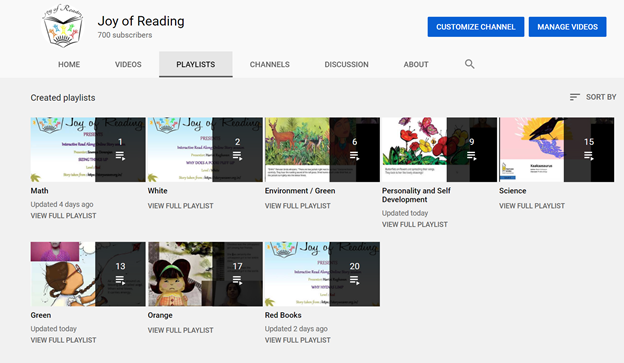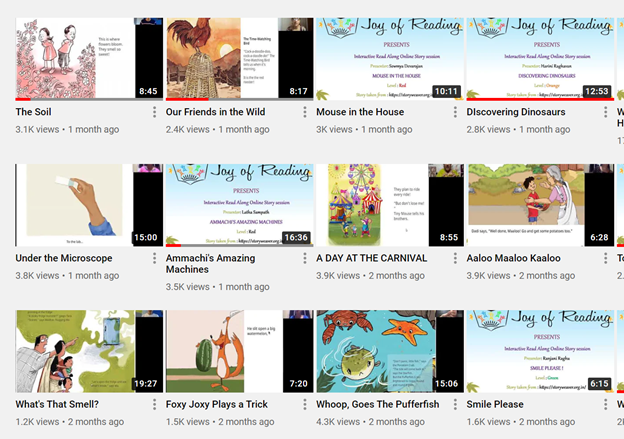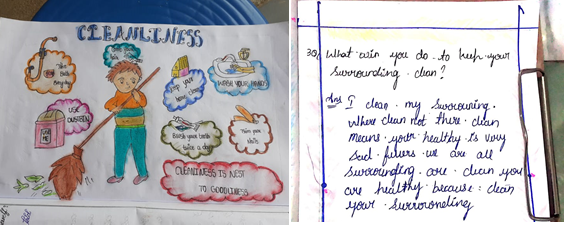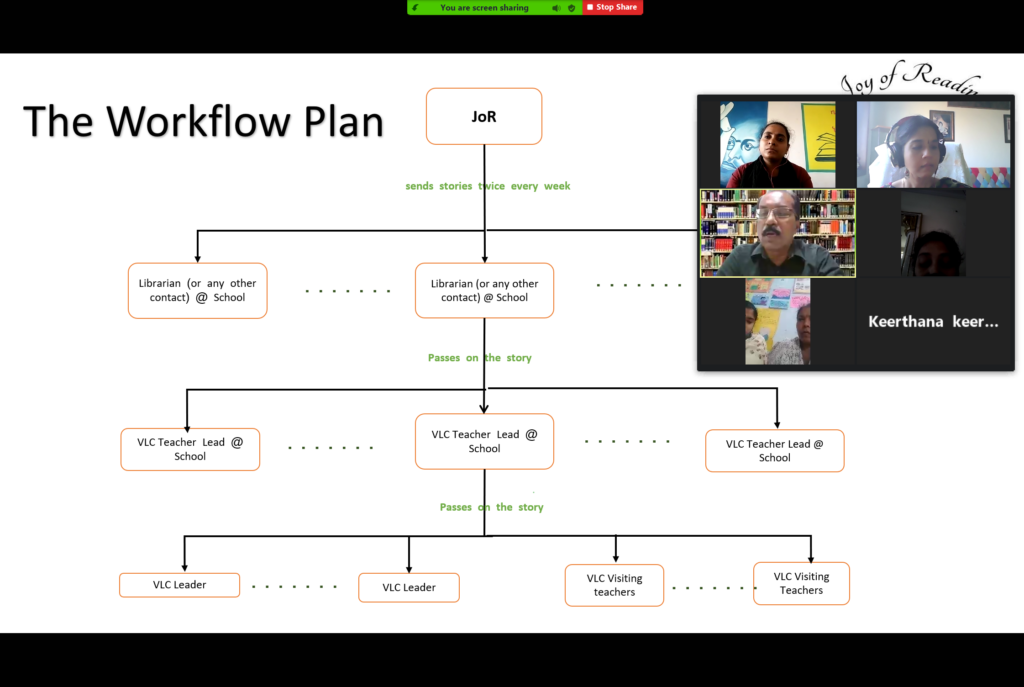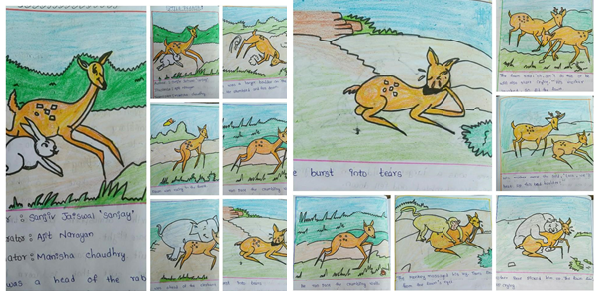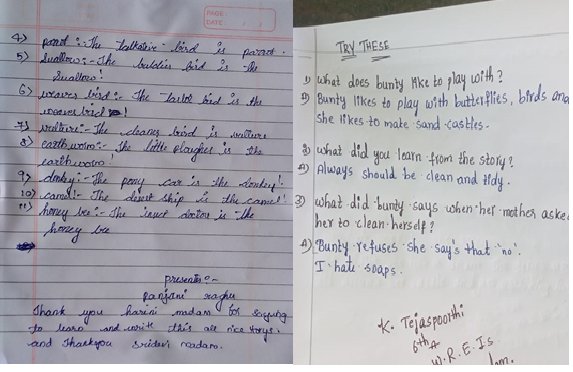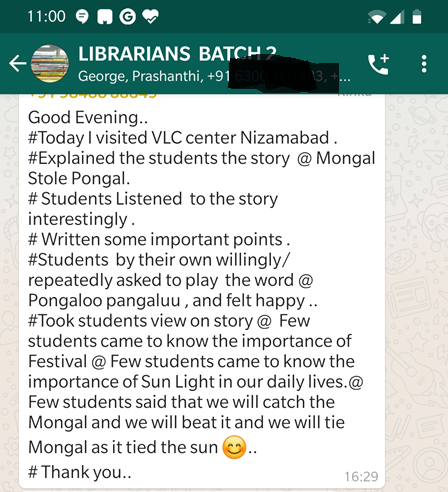Author: (Giri Smruthi, Bengaluru, Intern 2023 June, )
During my summer break I was looking for an internship with a non-profit organisation, and when I happened to come across Joy Of Reading, I immediately knew that I had met a perfect match for me. As an English major student, I always had a penchant for reading. When I realised the opportunity that was waiting in front of me, to pass down the magic of reading to the children, I had to absolutely sign up. JoR was something different, quite unique in their aspirations; and as an avid reader, I felt a strong connection with their ideas of service. Their aim of developing reading habits in children and in turn improving literacy really resonated with my spirit.
I had the wonderful opportunity to work under the guidance of Mrs. Harini Raghavan Ma’am, and the least to say, it was quite an enriching experience. I was assigned to the documentation department under which I was able to aid in developing a systemic tool for metric collection for the Library Standard Operating procedure project for the TSWREIS Schools, Government of Telangana. I also took part in enhancing library materials, such as activity planner. While working on this, my previous experiences acting as a background helped me to provide ideas to make the planner as fun-filled and holistic as possible. I had to research and brainstorm to come up with the optimal activities in the order of increasing difficulty. I am glad to have undertaken these tasks as they enhanced my creativity and critical thinking skills.

As part of the operations department I was given the scope of sorting and classifying books according to levels. Through this, I was able to learn about the various classification systems and sorting styles of books in order to help in the beneficial upgrading of reading skills. Moreover, I also able to work with the program manager Ms. Neha, who was sweet and helpful while showing me the ropes.
As a member of the training department I took up the role of acting as a volunteer in training sessions. One of the training sessions I had attended provided me with eye-opening encounters. From assisting Mrs. Harini Ma’am in guiding the librarians of TSWREIS through various interactive sessions, I was also given the opportunity to present a part of the activity planner I contributed to in developing. This gave me a better perspective applying the learnings on the fieldwork, and communicating during training sessions also helped me to strengthen my interpersonal skills.
My favourite part throughout the month-long period of work was to interact with students of Madinaguda Government School. I could achieve this via assisting in reading level assessments, which deepened my understanding of the classification system and operating it in the practical arena. We conducted interactive library sessions to encourage reading amongst the students. I felt completely satiated in the spirit of service to the society through connecting with the students about the wonderland of stories. With the help of games, cultural activities and interactions, students and I bonded well and I could feel them developing an interest in reading. With the opening of the library, the students flocked in, and always were pumped up to explore the adventures reading held for them.
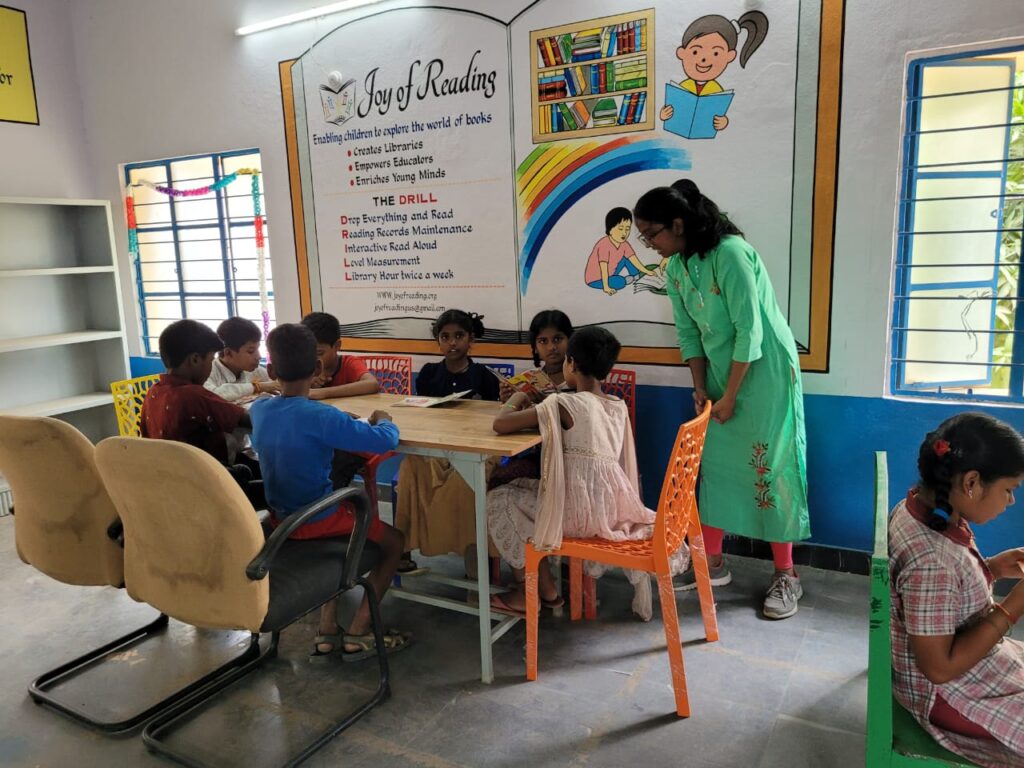
Within this short span of time, Jor had occupied a special place in my heart. The team and my mentor were patient, understanding. My respect for them became entrenched whenever I witnessed how enthusiastic towards improving the students’ reading and learning habits they were. These experiences let me interact with people from various backgrounds, and expand my societal awareness. I was provided with a good career experience in relation to my course and was facilitated in growth as an individual.
Through my pathway in the organisation, I’m deeply grateful for the exposure and experience I could get, but more so for the bonds we made and the way my life has changed as a result. Now, I look forward to the time when I go back to the fieldwork, contribute to society and give back to the wondrous world of stories that whence I once found my solace. Drawing the curtains on my monologue, I would like to conclude with a small wish for a beautiful future: like I found a place to call my second home in Joy Of Reading, I hope to see a multitude of new faces joining us in the journey towards learning and discovery of creative spaces.

